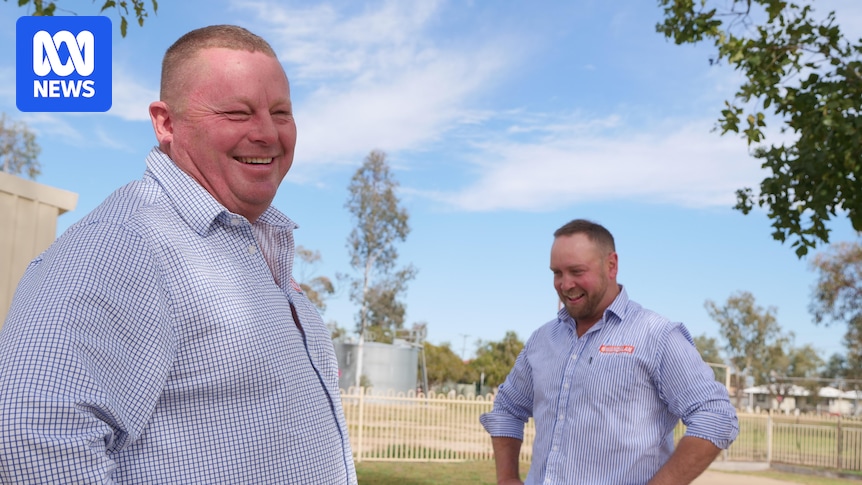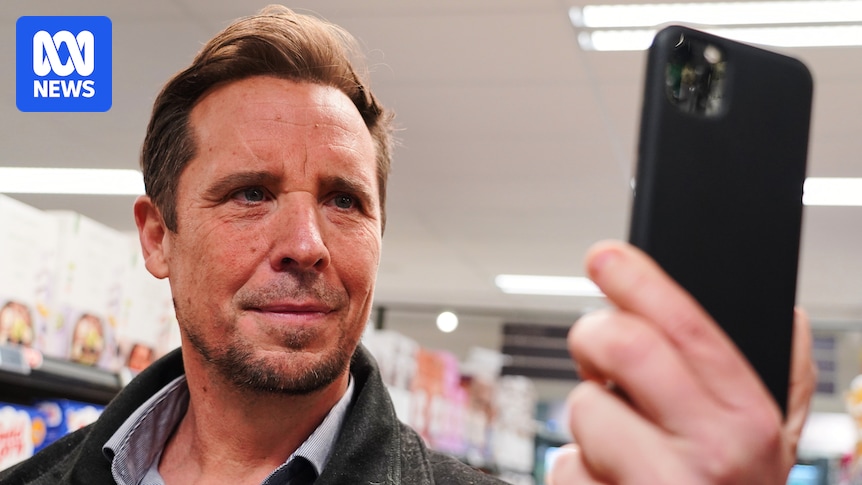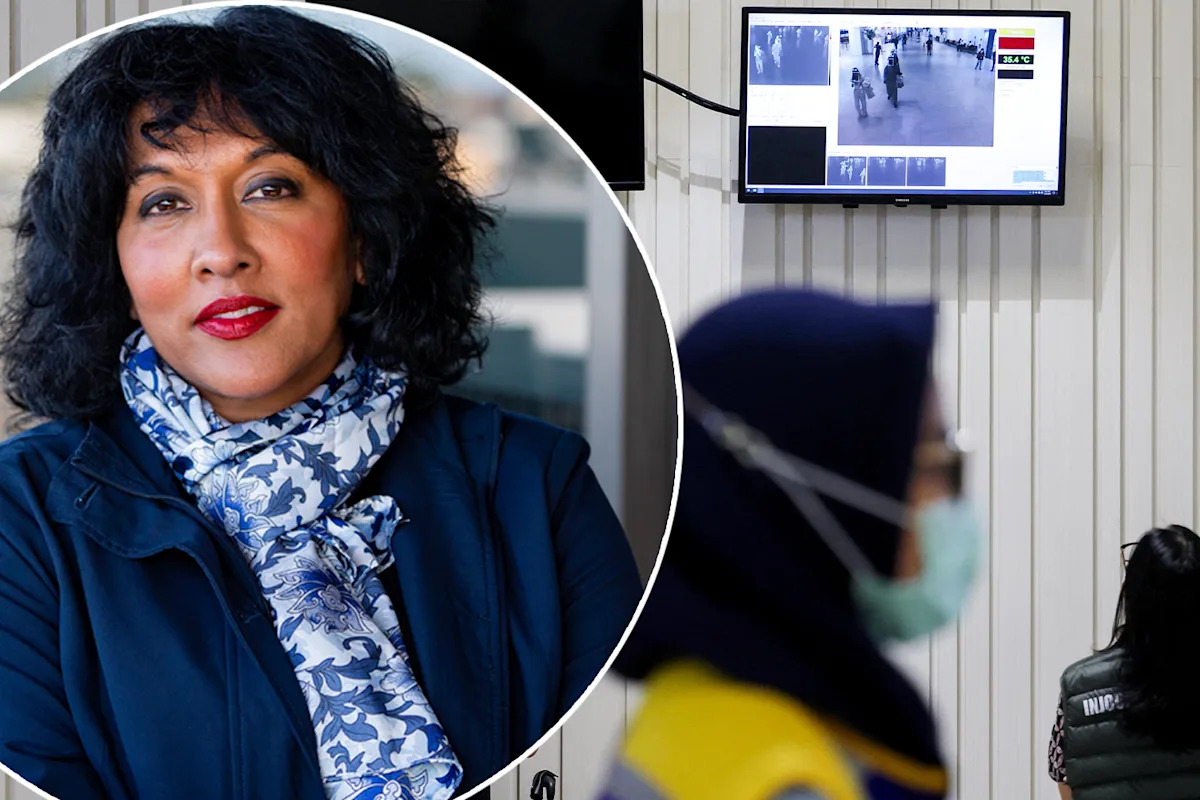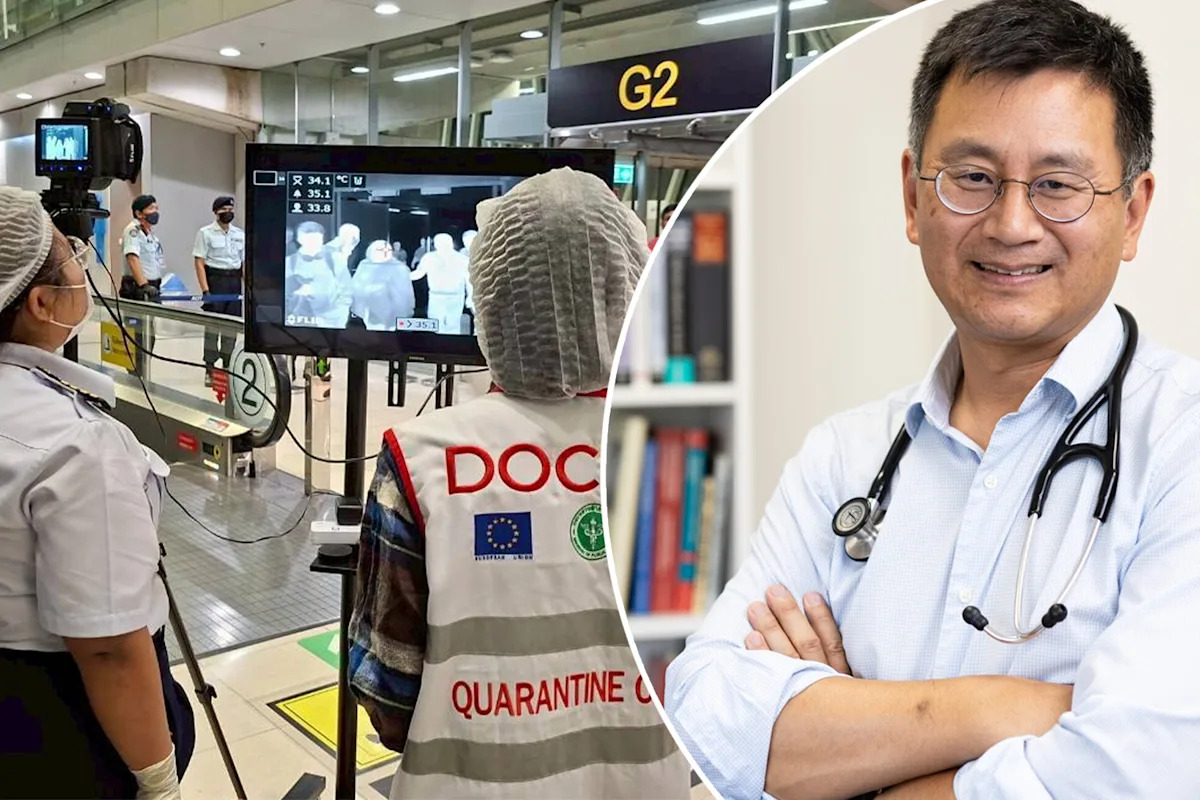
In a serendipitous twist of fate, a weekend of sports and camaraderie led two Queensland men to embark on a mission to transform aged care services in regional Australia. Daniel Manley and Brett Sandy, who met at the Darwin Cup in 2023, have reopened Yapunyah Lodge in Cunnamulla as a combined aged care and disability centre. This outback town, home to 1,200 people and located 800 kilometers west of Brisbane, had been without such a facility for five years.
Their journey began with a shared passion for sports and a commitment to community service, culminating in the formation of Gwandalan Support Services. Leveraging Mr. Sandy’s personal experience of raising a son with a disability in a rural setting, they set out to address the pressing need for improved care facilities in regional Queensland.
A Community’s Long-Awaited Relief
The reopening of Yapunyah Lodge marks a significant milestone for Cunnamulla, a town that has been without an aged care facility since the closure of the previous centre in 2020. “The community’s been screaming out for something like this,” Mr. Manley remarked, highlighting the local demand for such services.
Mr. Sandy noted the challenges faced by small towns like Cunnamulla, where funding shortages often leave essential services lacking. “Little towns like Cunnamulla … unfortunately they miss out because there’s not enough funding to help with facilities like this,” he explained.
Cunnamulla has a population of 1,200 people, according to the Australian Bureau of Statistics.
Innovative Care Model Focused on Active Living
The model adopted by Gwandalan Support Services emphasizes active, healthy living. “Our support workers we’ve employed are all footballers,” Mr. Manley laughed, underscoring the link between physical activity and mental well-being. “An active body leads to an active mind and leads to much better outcomes.”
The town’s demographic, with a higher percentage of residents over 60 than the national average, underscores the importance of such a facility. The closure of the original Yapunyah Lodge by the not-for-profit organisation Churches of Christ was a blow to the community, forcing many elderly residents to relocate to larger towns like Toowoomba and Roma.
Community and Personal Impact
For lifelong Cunnamulla local and Gunggari man, Keith Stewart, the reopening of Yapunyah Lodge has been transformative. After suffering a stroke, Mr. Stewart had been receiving treatment in Toowoomba, far from his home. His daughter, Meisha Johnstone, frequently made the arduous 1,200-kilometer round trip to visit him.
“I wasn’t going to let him go there by himself,” she said, expressing her relief at having her father back in Cunnamulla. “He’s a completely different person now that he’s in this place,” she added. “He’s alive again. This place saved my dad.”
“To get back to Cunnamulla was good,” Mr. Stewart said. “I just love being out in the bush.”
Yapunyah Lodge manager Fiona Sodeau has observed significant health improvements among residents like Mr. Stewart, attributing these changes to the familiar environment and community support.
Challenges and Calls for Support
Despite the success, operating Yapunyah Lodge in such a remote location presents challenges. “Everything is just so much more expensive out there, especially when you’re talking very remote like Cunnamulla,” Mr. Manley explained. Both he and Mr. Sandy have invested personal funds to reopen the lodge, with additional support from the local council.
The duo is actively seeking federal government funding to ensure the long-term viability of the facility. “If you don’t have the funding, the aged care packages themselves don’t cover the high level of cost of regional aged care facilities,” Mr. Manley stated.
Aged care consultant Paul Sadler noted, “At any one time, up to half of aged care services in rural areas operate at a deficit year on year. That’s simply unsustainable.”
The government has been contacted for comment, and the community remains hopeful for a positive response. Meanwhile, the reopening of Yapunyah Lodge stands as a testament to the power of community-driven initiatives and the enduring spirit of regional Australia.







